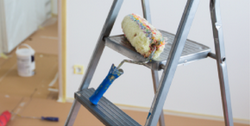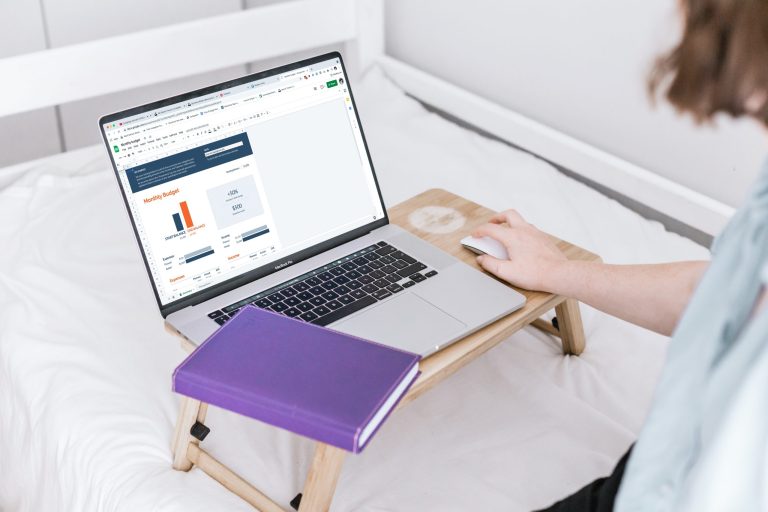Running a home can be daunting especially as rates for electricity, gas and water can fluctuate quickly. We’ve broken down some ways in which you can get on top of your household bills.
Council Tax
Did you know that over 400,000 people in the UK are overpaying on their council tax? If you are one of these people you could be entitled to a rebate going back years, in addition to a decreased rate going forward. Check out this MoneySavingExpert article to see how you can find out if you’re overpaying.
Energy Grants and contributions
There are grants available to help improve the energy efficiency of your home, or even contribute towards paying your bills. This includes money towards loft insulation and boilers, in addition to winter fuel payments, sub-zero cold weather contributions and the Warm Home Discount scheme.
Check to see what’s available and if you’re eligible to receive a contribution by clicking here.
Are you wasting water?
Typically, there are two ways in which water usage is billed, and you could save money by switching. It is likely you are charged one of two ways, either on a fixed rate regardless of how much you use, or billed based on consumption through water meter readings. If there are more bedrooms than people in your house, it’s worth considering a water meter as you could save money.
It’s worthwhile to do your research and speak to your current water provider to discuss which option may be better for you. Two websites which may be helpful are United Utilities which offer different methods and tools to help save money in your home, and Citizens Advice which offer a breakdown of the different options available. You can also visit water.org.uk to find who supplies your postcode if you are unsure.
Save money on gas and electricity
It’s always worth shopping around to find the best deal for your gas and electricity. It can quite often save you money if you switch suppliers but it’s always worth using comparison websites to find the cheapest deal. It’s also worth considering setting up a monthly Direct Debit, as this alone could save you some money each year.
See if you could get a better deal by comparing on any one of the ofgem accredited price comparison sites.
Broadband
There are loads of different broadband packages and suppliers and it’s worth checking to see if your deal is right for you. When shopping for broadband, there are several things to consider such as connection type, speed and data usage. Once you’ve decided on the package that is right for you, that is the time to compare prices with different suppliers. Check out this guide to help you choose the right deal.
Top Tips
| Turn down your thermostat – The World Health Organisation recommends 18ºc for UK households. | |
| Fit a water-saving shower-head– Your water supplier will often provide water saving devices free of charge. Check out their website or give them a call. By saving water, you’re also reducing the energy consumption of your boiler. | |
| Check your energy saving bulbs– You want to look for a low wattage and a high lumen. There are different types of energy saving bulbs, but LED bulbs are generally the best. |
| Try and avoid the tumble dryer – The energy consumption of a dryer is extremely high, and so if you can hang your clothes to dry, this is far more energy efficient. If you’re already heating your house, try using a radiator clothes rail to dry your clothes. | |
| Don’t overfill the kettle – Boiling the kettle uses lots of energy, and the more water you put in, the longer it will take to boil. Try and only fill the kettle with the amount of water that you want to use. According to uSwitch, the UK spends over £1b each year boiling kettles. | |
| Don’t rely on standby – Devices left in standby mode still consume energy, and some can be quite costly. Leaving your digital TV box on standby could cost you more than £35 each year, whilst a speaker system could cost you up to £25. Turning devices off at the wall can help you save money. |
| Wash more clothes, less – For example, if you do three loads of washing each week, try and condense them into two loads. | |
| Cut your shower time – By reducing the amount of time you spend in the shower, you will reduce your water usage and the energy consumption your boiler uses to heat the water. | |
| Draught excluding – This can help you to spend less money on heating your home. You don’t need to buy anything expensive, a towel or a blanket can do the same job as a draught excluder. |
| Use radiator thermostats – This allows you to control the temperature of each room in your house. Why spend money heating a spare room if you’re not going to be spending any time in there? Smart heating systems can also help with this. | |
| Reduce your boiler temperature – The higher the temperature that you set your boiler to, the more energy it will use to maintain that level. Try turning your boiler temperature down slightly, or turn off the pre-heat setting. | |
| Bleed your radiators – If your radiators are full of air, they wont be heating your house efficiently. This means it will take longer to warm up to your desired temperature, and in turn use more energy to do so. |











